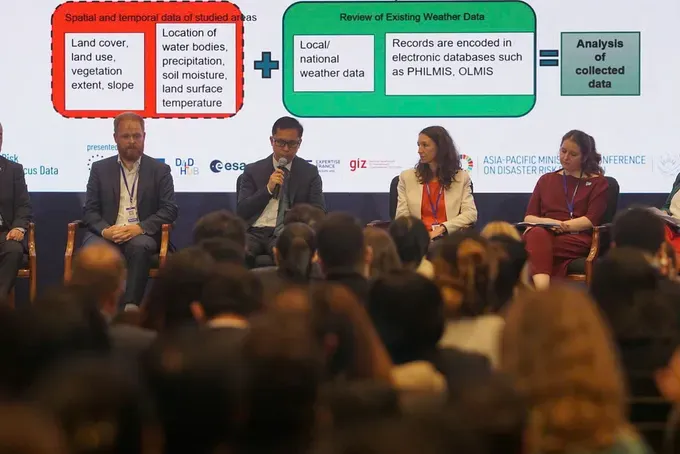
This statement was made ahead of the upcoming international forum titled “Expanding Digital Investment: Connecting Europe’s Technological Advantages with Vietnam’s Digital Future,” scheduled to take place on October 21 in Ho Chi Minh City.
The event is jointly organized by Digital for Development (D4D) Hub, the Delegation of the European Union to Vietnam, AVSE Global, and EuroCham Vietnam, in collaboration with Vietnam Software and IT Services Association (VINASA) and the National Data Association (NDA). It is regarded as one of the most important forums of 2025 on digital cooperation between the EU and Vietnam, bringing together senior leaders and hundreds of technology enterprises.
In the context of the digital revolution and artificial intelligence reshaping the global economic landscape, Vietnam aims to rank among the world’s top 30 digital nations by 2030. The Government has identified priority sectors, including artificial intelligence, semiconductors, 5G/6G technologies, cloud computing, cybersecurity, and data infrastructure.
Notably, Vietnam is rapidly advancing the construction of its first semiconductor manufacturing plant while simultaneously training 50,000 chip engineers and 5,000 AI specialists.
Additionally, the need to expand telecommunications infrastructure with at least 15 submarine cable routes by 2030 underscores the country’s accelerating pace of digital transformation and its ambition to upgrade its position in the global value chain.
Meanwhile, the European Union is recognized as one of the world’s leading technology hubs, boasting strengths in artificial intelligence, telecommunications solutions, cybersecurity, semiconductor technology, cloud computing, and satellite data.
Through initiatives such as Global Gateway and financial instruments like the Digital Investment Facility (DIF) and EFSD+, the European Union has the capacity to mobilize funding, mitigate risks, and promote investment in sustainable digital infrastructure in partner countries. This represents a key advantage in supporting Vietnam not only to access advanced technologies but also to secure long-term resources for implementation.
Many European businesses have expressed their desire to join hands with Vietnamese enterprises to focus intensively on building data sovereignty, semiconductor cooperation, 5G/6G connectivity, digital infrastructure, space technology, artificial intelligence, and digitalization aligned with green growth.
With the participation of major technology corporations, the event promises to foster a transparent, trustworthy, and sustainable digital cooperation ecosystem.
Approximately 300 delegates from businesses, associations, regulatory agencies, academic institutions, and financial organizations are expected to attend the forum.
According to the organizers, the event will serve as a “strategic rendezvous” for Vietnam to seek digital resources, while enabling the EU to strengthen its global technological leadership through substantive cooperation.
























